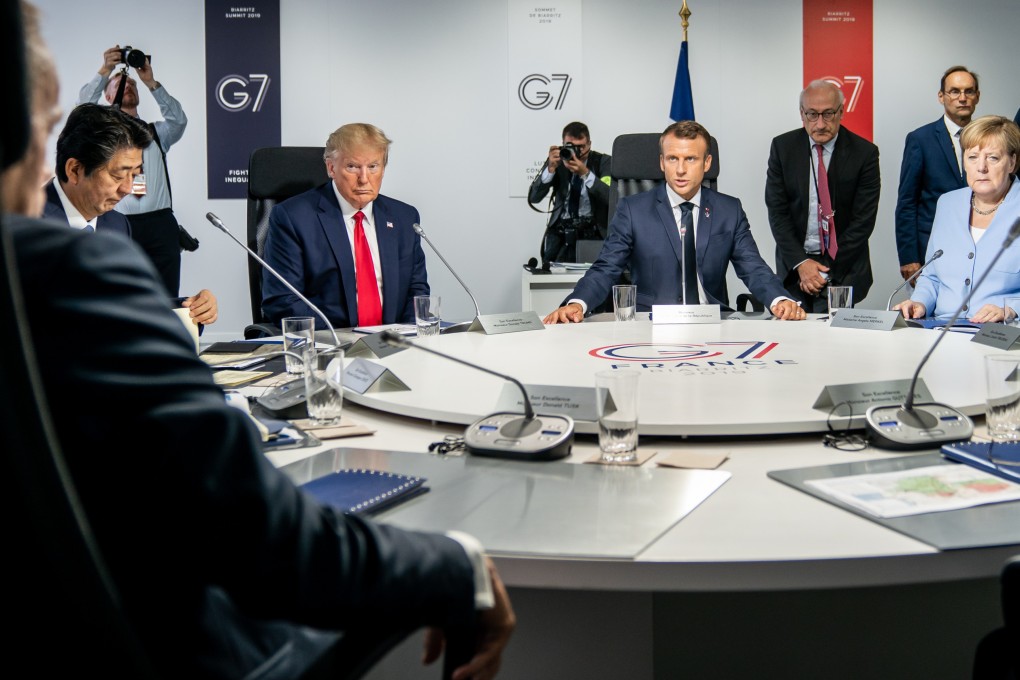Advertisement
Opinion | How a Trump victory could benefit the world
Trump’s protectionism and isolationist leanings could allow others to fill the void left by the US to promote greater stability
Reading Time:3 minutes
Why you can trust SCMP
2

I support Donald Trump, but not for the reasons you might think. Supporting the Republican presidential nominee and former US president exclusively based on a four-year term loses sight of the possible impact of his protectionist policies and his preference for withdrawing the United States from its traditional spheres of influence in global commerce and diplomacy, and from its military commitments.
This has allowed other players, like China and Russia, to fill the void, democratising the international landscape as organisations like Brics and the Shanghai Cooperation Organisation begin to overshadow the US-led Western order by providing countries with an alternative framework. Trump’s “America first” policy is crucial to ushering in a multipolar world.
A key feature of the Trump administration was tariffs. Trump imposed tariffs of up to 25 per cent on about three-quarters of Chinese imports to reduce a trade deficit, bring jobs back to the US and stop China from allegedly exploiting US intellectual property.
However, US importers faced US$4.4 billion in extra monthly costs from tariffs, totalling US$52.8 billion annually and costing US$414 per household. Of this, US$282 per household went to taxes, while US$132 per household ended up causing a net loss to the US economy each year. When tariffs are levied at 10 per cent, most firms will absorb the cost in their margins, but once scaled up, they are inevitably passed on to the consumer.
Moreover, US firms seeking alternative supply chains faced inefficiencies, and some Chinese firms established factories in Southeast Asia and Mexico to circumvent tariffs.
Trump wants to impose a 10 per cent tariff on imports to the US from all countries and 60 per cent duties on imports from China. This would benefit China in the long-term by pushing it to diversify its trade partners, focusing on developing economies in Asia, Africa and South America, and to negotiate trade agreements that would be more equitable for all parties, further reducing the attractiveness of trading with the US.
This would have a flow-on effect on US global trade agreements, as evidenced by Trump’s withdrawal from the Trans-Pacific Partnership, which had been designed to counter China’s influence in the Asia-Pacific region. In 2016, then-US president Barack Obama stated, “America should write the rules … Other countries should play by the rules that America and our partners set, and not the other way around”.
Advertisement
Select Voice
Choose your listening speed
Get through articles 2-3x faster
1.1x
220 WPM
Slow
Normal
Fast
1.1x
